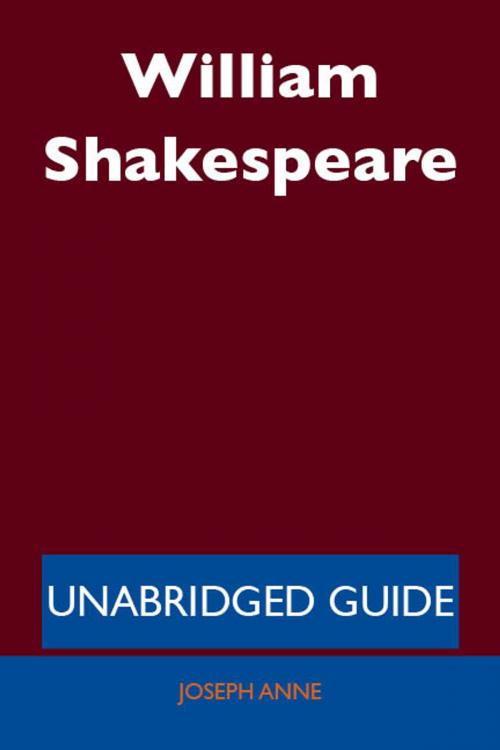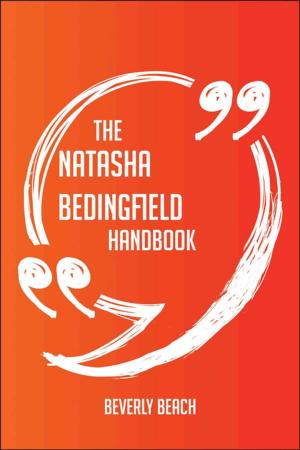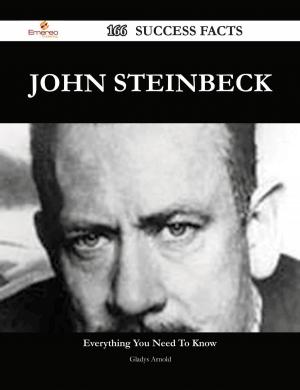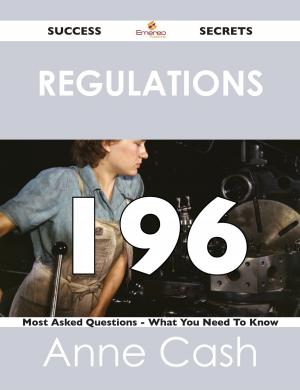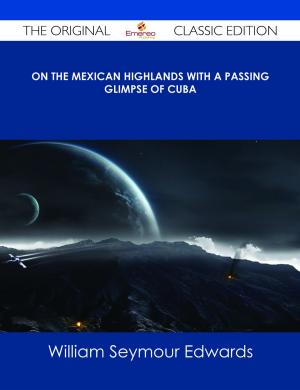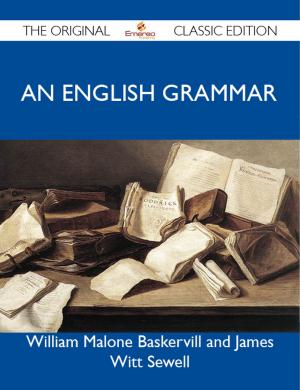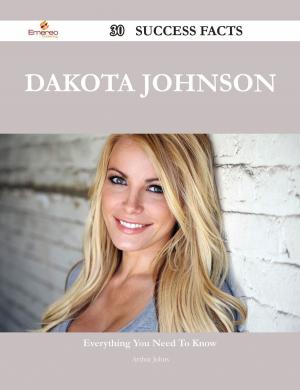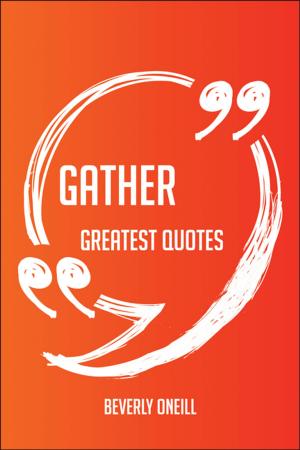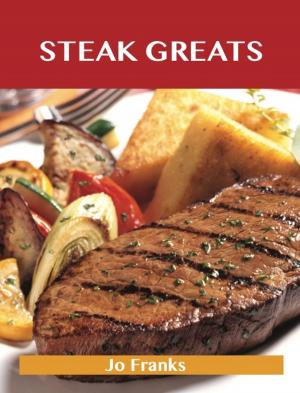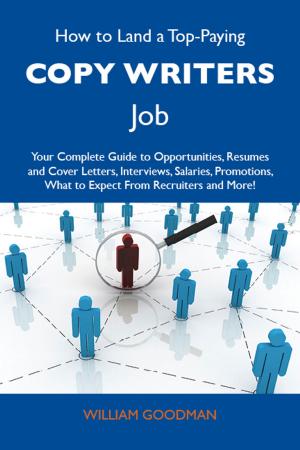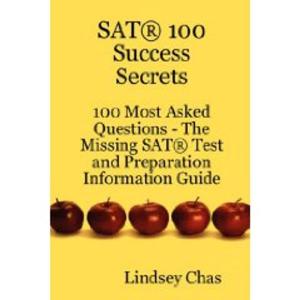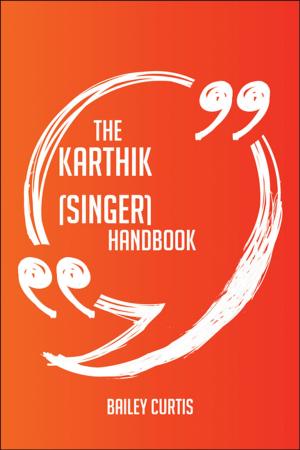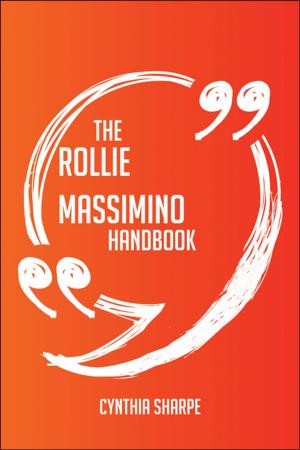| Author: | Joseph Anne | ISBN: | 9781486428977 |
| Publisher: | Emereo Publishing | Publication: | October 24, 2012 |
| Imprint: | Emereo Publishing | Language: | English |
| Author: | Joseph Anne |
| ISBN: | 9781486428977 |
| Publisher: | Emereo Publishing |
| Publication: | October 24, 2012 |
| Imprint: | Emereo Publishing |
| Language: | English |
Here's part of the content - you would like to know it all? Delve into this book today!..... : He is often called England's national poet and the Bard of Avon. [nb 2] His surviving works, including some collaborations, consist of about 38 plays,[nb 3] 154 sonnets, two long narrative poems, and several other poems.
...The Comedy of Errors was also based on classical models, but no source for The Taming of the Shrew has been found, though it is related to a separate play of the same name and may have derived from a folk story.
...This period begins and ends with two tragedies: Romeo and Juliet, the famous romantic tragedy of sexually charged adolescence, love, and death; and Julius Caesar-based on Sir Thomas North's 1579 translation of Plutarch's Parallel Lives-which introduced a new kind of drama.
...The titular hero of one of Shakespeare's most famous tragedies, Hamlet, has probably been discussed more than any other Shakespearean character, especially for his famous soliloquy which begins To be or not to be; that is the question.
There is absolutely nothing that isn't thoroughly covered in the book. It is straightforward, and does an excellent job of explaining all about William Shakespeare in key topics and material. There is no reason to invest in any other materials to learn about William Shakespeare. You'll understand it all.
Inside the Guide: William Shakespeare, Frank Kermode, Francis Meres, Francis Bacon, Folger Shakespeare Library, First Folio, Fausto Cercignani, Falstaff (opera), Fair Em, Enjambment, English people, English Renaissance theatre, English Renaissance, Elizabeth I of England, Elizabeth Barnard, Edward Knight (King's Men), Edward III (play), Edward Dowden, Edward Blount, Edward Allde, Edmund Spenser, Edmund Shakespeare, Edmund Ironside (play), Edmond Malone, Early texts of Shakespeare's works, E. K. Chambers, E. A. J. Honigmann, Double Falsehood, Dogberry, David Garrick, David Bevington, Cymbeline, Cuthbert Burby, Curtain Theatre, Coriolanus, Complete Works of Shakespeare, Chronology of William Shakespeare's plays, Christopher Marlowe, Charles Knight (publisher), Charles Dickens, Chandos portrait, Blank verse, Blackfriars Theatre, Blackfriars, London, Bertolt Brecht, Ben Jonson, Bellott v. Mountjoy, Bardolatry, Bad quarto, BBC Television Shakespeare, BBC, Augustine Matthews, August Wilhelm Schlegel, As You Like It, Arthur Schopenhauer, Arden of Faversham, Antony and Cleopatra, Anthony Nuttall, Anne Hathaway (Shakespeare), Andrew Wise, All's Well That Ends Well, Alfred W. Pollard, Alfred, Lord Tennyson, A Yorkshire Tragedy, A Midsummer Night's Dream, A Lover's Complaint, A Dictionary of the English Language
Here's part of the content - you would like to know it all? Delve into this book today!..... : He is often called England's national poet and the Bard of Avon. [nb 2] His surviving works, including some collaborations, consist of about 38 plays,[nb 3] 154 sonnets, two long narrative poems, and several other poems.
...The Comedy of Errors was also based on classical models, but no source for The Taming of the Shrew has been found, though it is related to a separate play of the same name and may have derived from a folk story.
...This period begins and ends with two tragedies: Romeo and Juliet, the famous romantic tragedy of sexually charged adolescence, love, and death; and Julius Caesar-based on Sir Thomas North's 1579 translation of Plutarch's Parallel Lives-which introduced a new kind of drama.
...The titular hero of one of Shakespeare's most famous tragedies, Hamlet, has probably been discussed more than any other Shakespearean character, especially for his famous soliloquy which begins To be or not to be; that is the question.
There is absolutely nothing that isn't thoroughly covered in the book. It is straightforward, and does an excellent job of explaining all about William Shakespeare in key topics and material. There is no reason to invest in any other materials to learn about William Shakespeare. You'll understand it all.
Inside the Guide: William Shakespeare, Frank Kermode, Francis Meres, Francis Bacon, Folger Shakespeare Library, First Folio, Fausto Cercignani, Falstaff (opera), Fair Em, Enjambment, English people, English Renaissance theatre, English Renaissance, Elizabeth I of England, Elizabeth Barnard, Edward Knight (King's Men), Edward III (play), Edward Dowden, Edward Blount, Edward Allde, Edmund Spenser, Edmund Shakespeare, Edmund Ironside (play), Edmond Malone, Early texts of Shakespeare's works, E. K. Chambers, E. A. J. Honigmann, Double Falsehood, Dogberry, David Garrick, David Bevington, Cymbeline, Cuthbert Burby, Curtain Theatre, Coriolanus, Complete Works of Shakespeare, Chronology of William Shakespeare's plays, Christopher Marlowe, Charles Knight (publisher), Charles Dickens, Chandos portrait, Blank verse, Blackfriars Theatre, Blackfriars, London, Bertolt Brecht, Ben Jonson, Bellott v. Mountjoy, Bardolatry, Bad quarto, BBC Television Shakespeare, BBC, Augustine Matthews, August Wilhelm Schlegel, As You Like It, Arthur Schopenhauer, Arden of Faversham, Antony and Cleopatra, Anthony Nuttall, Anne Hathaway (Shakespeare), Andrew Wise, All's Well That Ends Well, Alfred W. Pollard, Alfred, Lord Tennyson, A Yorkshire Tragedy, A Midsummer Night's Dream, A Lover's Complaint, A Dictionary of the English Language
